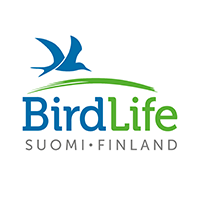Are the mammalian-like uncoupling proteins 1 and 2 expressed in cold-acclimated Muscovy ducklings?
Abstract
Despite their lack of brown adipose tissue (BAT), birds can exhibit nonshivering thermogenesis (NST) in the cold . Avian NST mainly originates from skeletal muscle and may involve fatty acid-induced uncoupling of mitochondrial respiration. In mammals, uncoupling of oxidative phosphorylation is based on the presence of uncoupling proteins (UCPs) in the inner mitochondrial membrane. Because both the BAT-specific UCPI and the ubiquitous UCP2 are up-regulated in cold-acclimated (CA) rodents, the question arises as to whether CA birds exhibiting NSTexpress mammalian-like UCPs. Tissue expression of UCPI and UCP2 mRNA was therefore investigated in CA Muscovy ducklings (Cairina moschata, 5-wk old), reared at 4°C from the age of 1-wk and exhibiting muscle NST. Rat fragments of UCPI or UCP2 cDNA were used as probes in Northern blots . UCPI mRNA was detected only in rat BAT while UCP2 mRNA was detected in rat BAT, liver and soleus muscle . Conversely, no UCPI- or UCP2-like mRNA were detected in duckling skeletal muscle, white adipose tissue and liver. It is concluded that CA ducklings do not express a mRNA with sufficient homology to hybridise with rat UCPI or UCP2 probes.Downloads
Published
1999-12-31
Issue
Section
Research articles
How to Cite
Denjean, F., Lauchuer, J., Cohen-Adad, F., Barré, H., & Duchamp, C. (1999). Are the mammalian-like uncoupling proteins 1 and 2 expressed in cold-acclimated Muscovy ducklings?. Ornis Fennica, 76(4), 167–175. https://ornisfennica.journal.fi/article/view/133512








